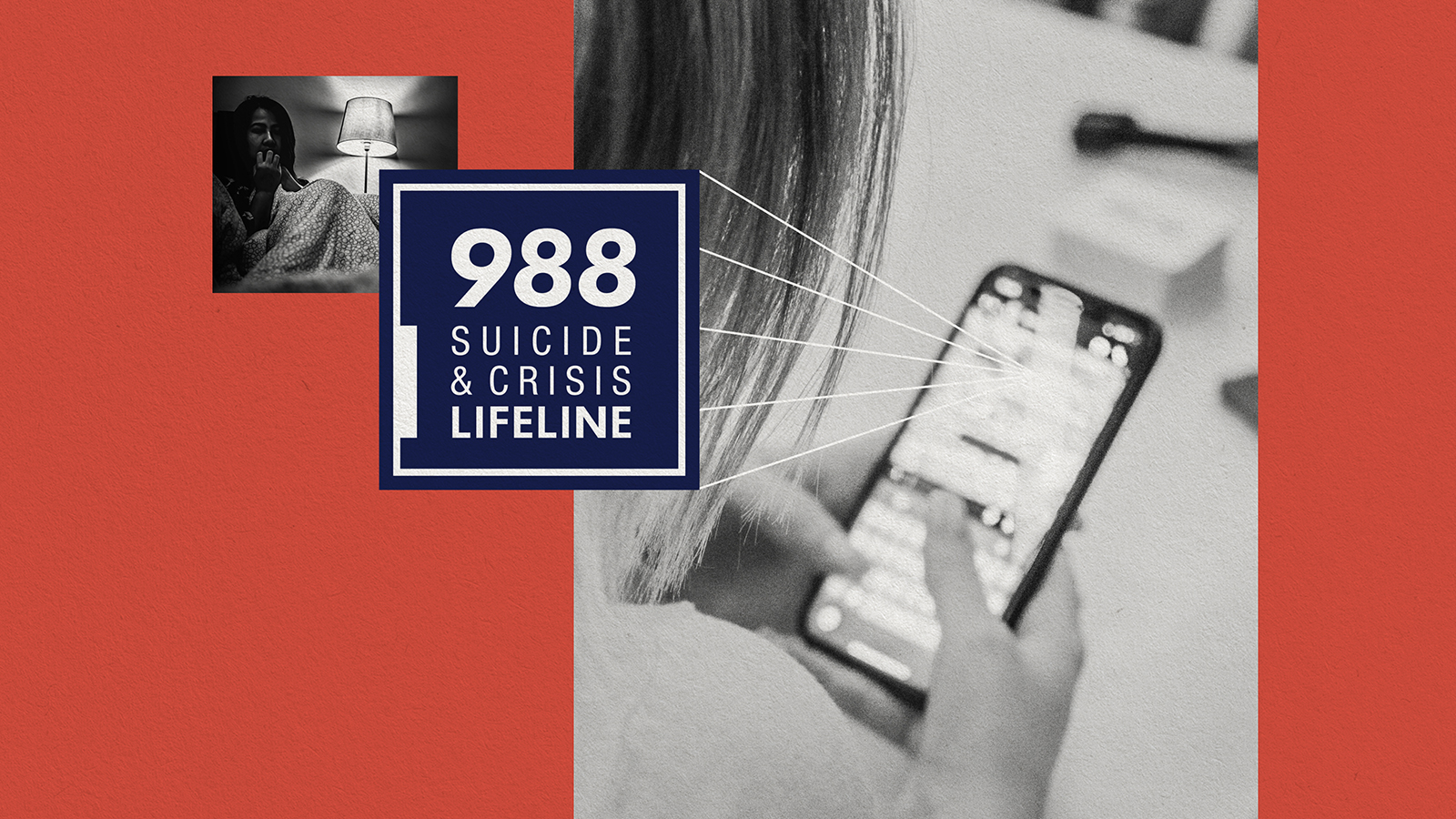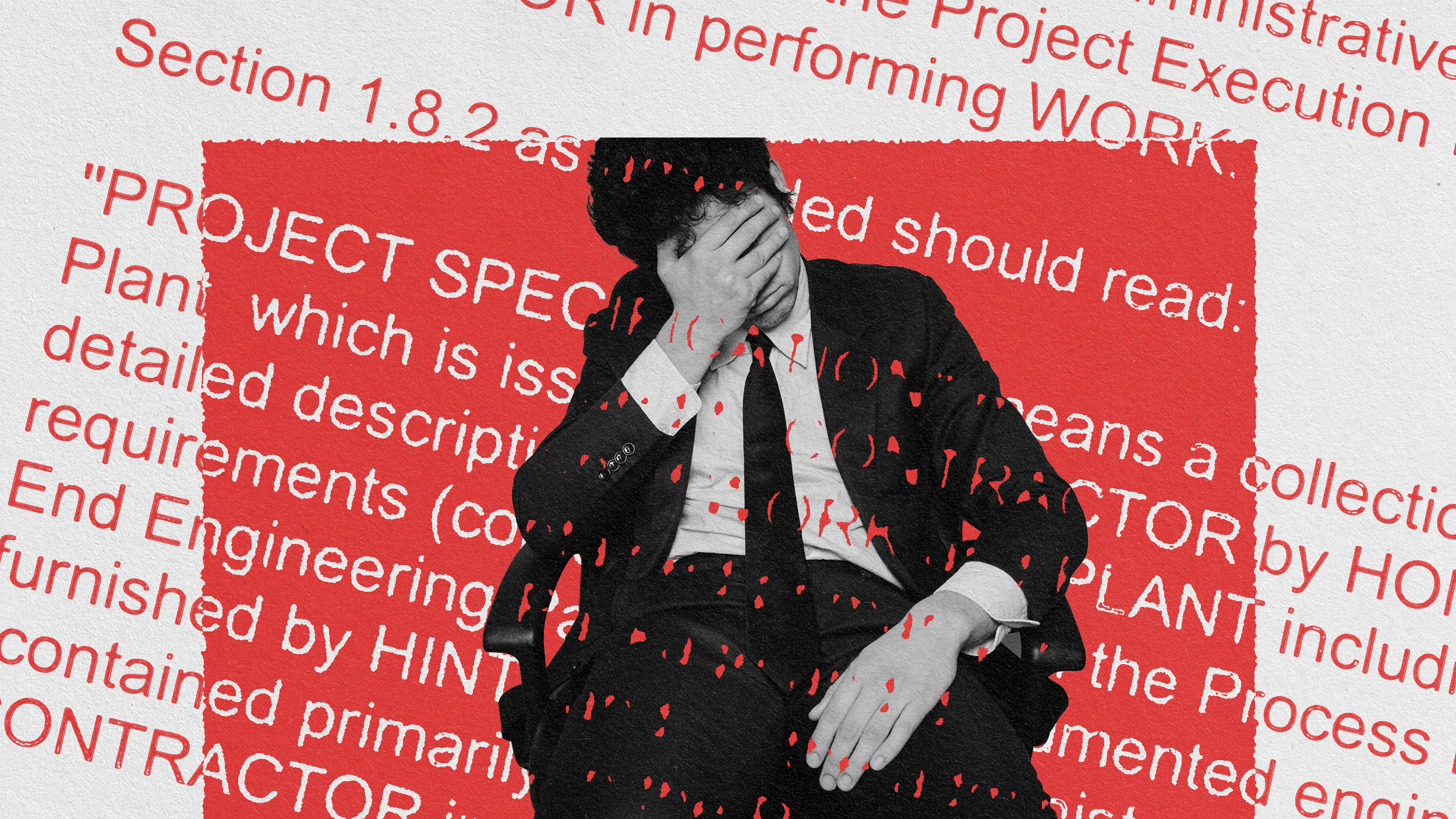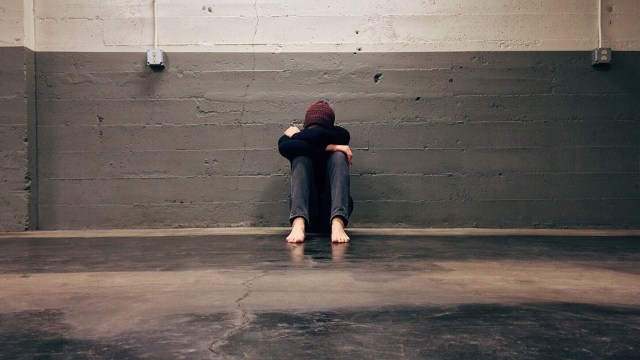Why you should cut back on social media and how to do it

Photo by mikoto.raw from Pexels
- Social media can make people anxious, depressed, lonely, and stressed out.
- There are several ways to cut back your use of it.
- Even using it slightly less has been shown to reduce depressive symptoms.
Between the stakes, the uncertainty, and the increased polarization of our discourse, it is little wonder that 68 percent of Americans reported that the election was causing them a considerable amount of stress. Not helping matters is how much time people spent last week doom-scrolling their social media feeds, checking every few minutes for news that either doesn’t arrive or merely stresses them out further.
Perhaps now is an excellent time to review how many studies show that too much social media can stress you out and consider simple ways to cut back.
A variety of studies show that too much time spent on social media can stress us out, leave us anxious and depressed, and ironically increase feelings of loneliness. These findings have been confirmed for both adults and children.
These effects are caused by several factors. The curated images of other people’s lives we see on the screen can leave us feeling like we’re comparatively inadequate. The often spoken of “fear-of-missing-out” is a real thing. When you have dozens of people doing something once, with continual updating it can appear like everybody is doing something all the time. The political aspects of social media can make things worse. Even when people agree with you, the slew of information can be too much, says Dr. Erin Elfant, a clinical psychologist working out of California.
She goes on to mention that social media provides a perverse incentive for being stressed:
“When we tend to say something that is a strongly worded opinion, we tend to get more response for that which also means that it positively reinforces us getting really stressed.”
It seems like a vicious cycle. Posting things that make people react is the point, even if that reaction is to make them stressed. Whatever works at getting a reaction will be posted again.
There are a variety of ways to make avoiding checking your feeds every six seconds a little easier.
Delete your apps
Making it a little harder to get to social media can help you use it less. Beyond making a kind of initiative sense, this method is supported by empirical evidence. Nudge Theory in behavioral economics is based around this. People often do what’s easiest, and that can be manipulated for good. Having to spend that much more effort getting to your social media page might be the thing that keeps you off it.
Set time limits on your usage.
If you don’t want to delete the apps outright, that’s fine; there are other options. Most smartphones can show you a breakdown of how much time you’re spending on an app, either through included features or through third-party apps that are readily available. You can easily track your screen time and change your behavior accordingly.
If you use a web browser to access these sites, you can use a variety of extensions to control how long you’re allowed to browse before blocks kick in. Others allow you to set times when you can’t access the sites, like working hours, or to set other conditions.
Consider what you’re following
If you’re like me, you’ve been invited to endless pages by other people, which you accepted to be polite. After a few years, you start to wonder why you still get updates from these random pages that mean nothing to you. If you aren’t going to cut back, you can reduce your stress and your feed’s clutter with a review of what pages you’re following. Is there a page (or person) whose posts only make you mad? You should consider not following them anymore.
Plus, if there is less to look at, you may find yourself spending less time on social media as a result. A feed with only 1 pages will have fewer updates to review than one with 20.
Set a day of rest
There’s a reason most cultures had a designated day of rest; we need it.
The idea of a digital detox is increasingly popular, and an offshoot of that is setting a “digital sabbath.” Much like the religious one, the idea here is that you take a set amount of time (either the weekend or a part of it) as a day of rest during which you cannot use or check social media.
This solution has the added benefits that you’re not giving up on social media, just limiting your use to specific days, and that you can make the rules for it as strict or lax as you require. You could ban all internet use outside of email on the sabbath, or you could just keep yourself from looking at Twitter.
Turn off notifications
If all else seems like too much, try just turning off your notifications. You should be deciding when you want to look at social media, not the social media pages. Who knows, if you aren’t told every time your aunt posts a new image of her cat, you might not find the need to look at each one of the pictures.
Social media has an extremely mixed track record of doing what it was supposed to do in terms of bringing people together in a new and fun way. Given how much stress it’s caused us lately, maybe cutting back can do us all some good.





